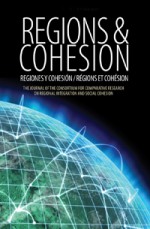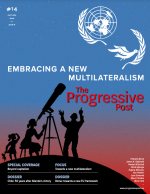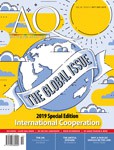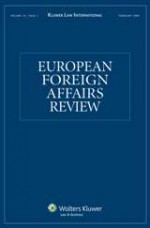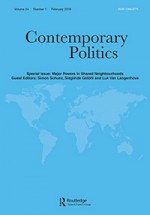Science Diplomacy in the Age of War
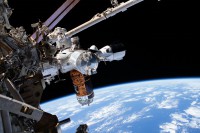
Science diplomacy has many faces. One of them is viewing scientific collaboration as a possible tool to keep dialogue lines open between states in conflict. More often, science is mobilized for diplomatic purposes or conflict resolution, as part of countries’ foreign-affairs apparatuses. The rationale is that scientists speak the same “language”, which can weave cultures together and build trust, irrespective of political animosities between governments. In this context, science diplomacy is frequently considered a soft-power tool. However, science can also be a tool in the hard-power arsenal—instead of stimulating scientific connectivity, science can be targeted by sanctions that make collaborations difficult or impossible. Sanctions could entail cutting funds for international scientific collaborations and isolating scientists in the targeted country from the rest of the world. Sanctions of this nature can, paradoxically, thus be regarded as an alternative form of science diplomacy. While the deployment of coercive power is justified in times of war, one must still ask to what extent science diplomacy should fall within the arsenal of hard-power tools. This article will address this question within the context of the current war in Ukraine.
War is an extremely polarizing phenomenon that divides nuances into black and white. As Russian forces rolled into Ukraine, the Western response was to shut Russia out of virtually all partnerships and areas of cooperation. It seemed a justified reaction to a country seeking to reintroduce war into Europe after decades of peace. But, as inexcusable as the actions of the Putin regime are, we risk being blind to the nuances of the situation as we respond. It is difficult to employ rationality in times of war, when emotion takes the driver’s seat, but it is nonetheless crucial to ask the following questions in assessing our response: Do these actions stifle the Kremlin’s war objectives? Do they help Ukraine? What is the impact on humanity at large?

